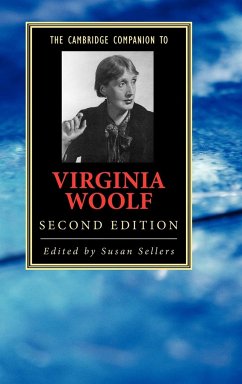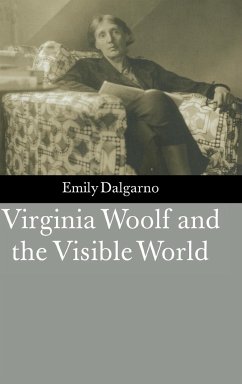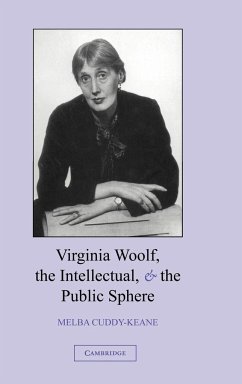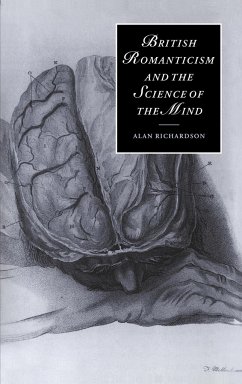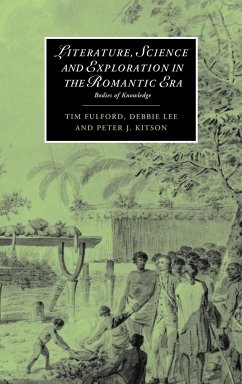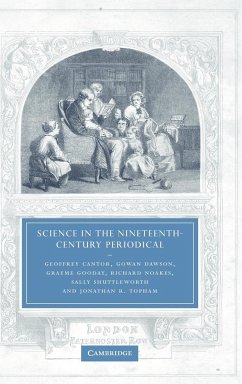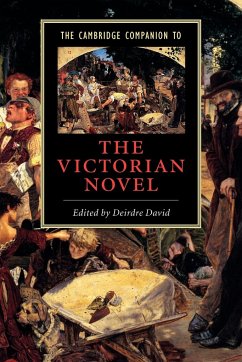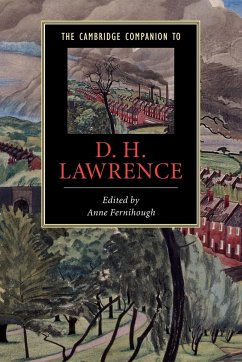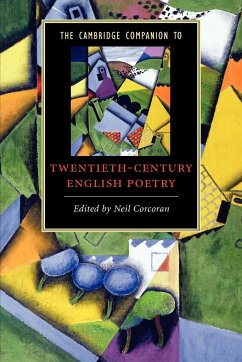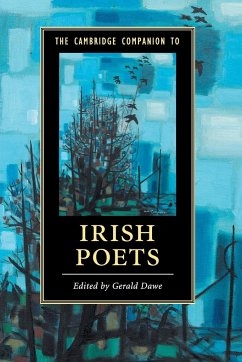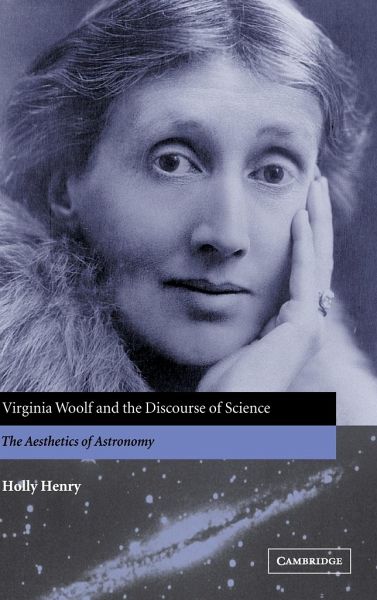
Virginia Woolf and the Discourse of Science

PAYBACK Punkte
39 °P sammeln!
Holly Henry investigates how advances in astronomy in the early twentieth century had a shaping effect on Woolf's literature and aesthetics as well as on the work of modernist British writers including Vita Sackville-West, H. G. Wells, Olaf Stapledon, Bertrand Russell, and T. S. Eliot. The 1920s and 30s witnessed a pervasive public fascination with astronomy that extended from the US, where Edwin Hubble in 1923 definitively determined that entire galaxies existed beyond the Milky Way, to England, where London's intellectuals discussed Sir James Jeans's popular astronomy books and the newly exp...
Holly Henry investigates how advances in astronomy in the early twentieth century had a shaping effect on Woolf's literature and aesthetics as well as on the work of modernist British writers including Vita Sackville-West, H. G. Wells, Olaf Stapledon, Bertrand Russell, and T. S. Eliot. The 1920s and 30s witnessed a pervasive public fascination with astronomy that extended from the US, where Edwin Hubble in 1923 definitively determined that entire galaxies existed beyond the Milky Way, to England, where London's intellectuals discussed Sir James Jeans's popular astronomy books and the newly explored expanses of space. In re-evaluating the cultural context out of which Modernism emerged, Henry contends that Woolf, through her own fascination with astronomy, formulated a global vision that helped shape her fiction and her pacifist politics. Henry's study includes examinations of unpublished scientific and literary archival material and sheds new light on Woolf's texts and recent re-evaluations of Modernism.
Table of contents:
List of illustrations; Preface; Acknowledgments; List of abbreviations; Introduction: formulating a global aesthetic; 1. Stars and nebulae in popular culture; 2. From Edwin Hubble's telescope to Virginia Woolf's 'searchlight'; 3. 'Solid objects in a solid universe': the globe and Woolf's deployment of multiple perspectives; 4. 'Talk about the riddle of the universe': traversing the discourses of science and art in The Waves; 5. From galactic expanses to earth: Woolf and Stapledon envision new worlds; 6. Woolf's global vision: Three Guineas and the politics of science; Bibliography; Index.
Henry investigates how advances in astronomy in the early twentieth century had a shaping effect on Woolf's literature and aesthetics as well as on the work of other modernist British writers. Henry's study includes examinations of unpublished scientific and literary archival material and sheds new light on Woolf's texts.
Investigates how advances in astronomy in the early twentieth century had a shaping effect on Woolf's literature.
Table of contents:
List of illustrations; Preface; Acknowledgments; List of abbreviations; Introduction: formulating a global aesthetic; 1. Stars and nebulae in popular culture; 2. From Edwin Hubble's telescope to Virginia Woolf's 'searchlight'; 3. 'Solid objects in a solid universe': the globe and Woolf's deployment of multiple perspectives; 4. 'Talk about the riddle of the universe': traversing the discourses of science and art in The Waves; 5. From galactic expanses to earth: Woolf and Stapledon envision new worlds; 6. Woolf's global vision: Three Guineas and the politics of science; Bibliography; Index.
Henry investigates how advances in astronomy in the early twentieth century had a shaping effect on Woolf's literature and aesthetics as well as on the work of other modernist British writers. Henry's study includes examinations of unpublished scientific and literary archival material and sheds new light on Woolf's texts.
Investigates how advances in astronomy in the early twentieth century had a shaping effect on Woolf's literature.





